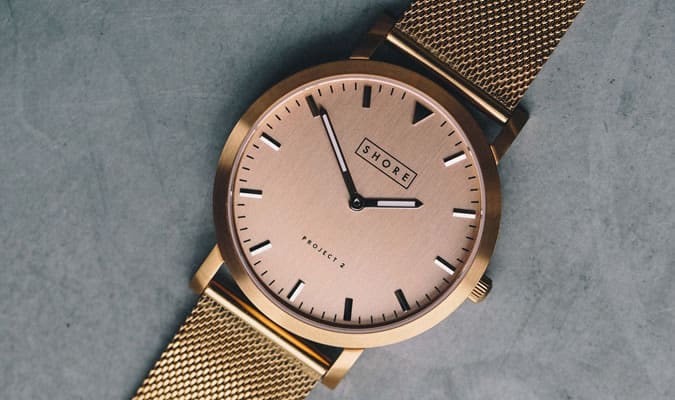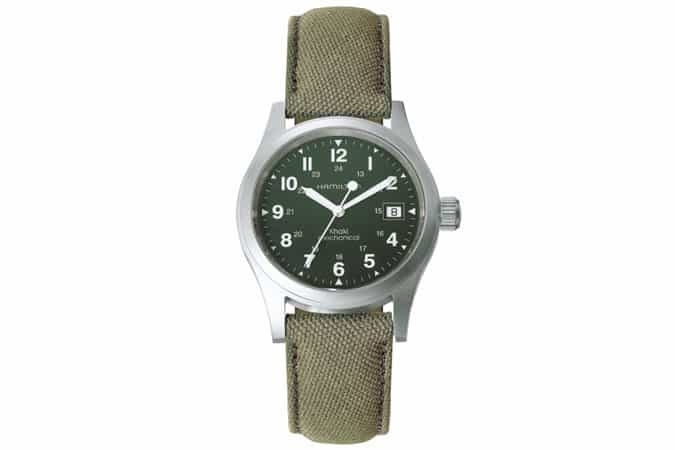The Best Running Watches To Buy In 2022
While it might not be the first question on your mind after a punishing run (that should be whether or not you’ll ever feel your jelly legs again), you’re soon going to want to know just how fast you’ve been running. So thank goodness for the rise in running watches, which will also happen to tell you how late you are for tonight’s date while you were too busy busting a lung.
Modern running watches are like wearable coaches. They track your routes, give you split times and exertion data mid-run, and teach you how to pace yourself so you don’t embarrass yourself on the 5K you’ve signed up for. If yours has a GPS function it will also smugly tell your Facebook friends how many miles you’ve clocked in your running shorts on Saturday morning before they’ve even switched the kettle on.
Serious runners also want to know how well their recovery periods are going, so watches that track your sleep can help you manage your energy supplies. Some running watches are now even able to estimate your V02 max: the measurement of how well your body is able to use oxygen while working hard, i.e. your capacity for endurance. It’s another tool in a long line of functions that can show you how best to chase down your next PB.
When buying a watch to aid your training, firstly think about how you’re going to use it. Ben Barwick, running coach at Full Potential states, “If you are into running marathons and spending four hours running on race day then certainly think about your battery life. If you do a lot of sports, and running is just one of them alongside the gym, then maybe a more generic fitness watch would be better suited. If you run to music think about a brand that lets you play music from the watch without having to carry around your phone.”
If you are more into trail running, Team GB ultra-marathon runner and coach Robbie Britton recommends you look into a watch with an altimeter feature: “When you’re running around a mountain like Ben Nevis, which is roughly 1300m high, the altimeter can tell you that you are at 800m. It is an important measure when you’re not training on the flat as not all miles are created equal.” Barwick does warn against getting a watch which is loaded with features you might not find necessary for your training, however.






